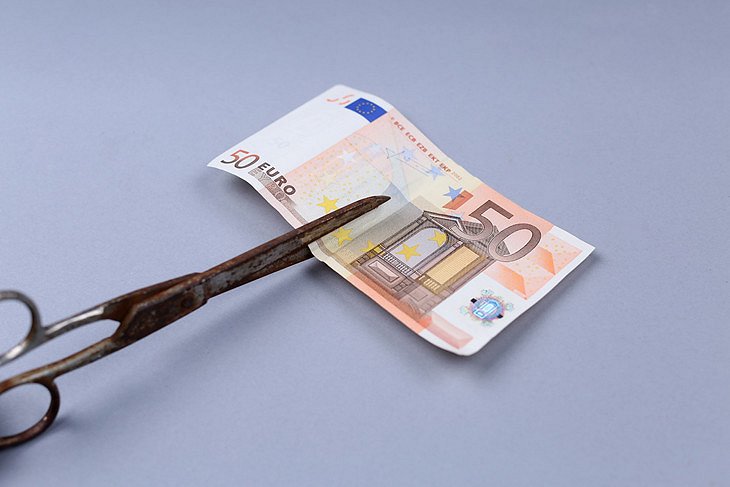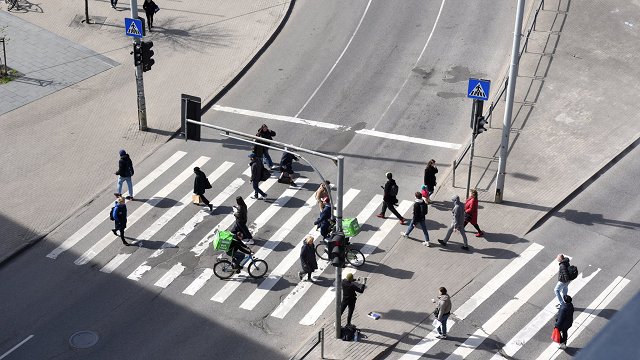The Welfare Ministry said there are currently discussions around possibly raising the minimum wage to 500 euros per month in the future, which is 70 euros more than the current minimum wage of 430 euros per month. At the same time the European Commission is also discussing a minimum wage initiative with social issues partners.
“It takes time for wages to get closer to the European Union level, and if we look at average wage rates, then in Latvia the ratio is over 50%, which I'd say is comparable to the average European Union level,” said Ministry representative Ilze Zvīdriņa.
She said that usually minimum wages are compared to the average wage. According to Zvīdriņa, the fact that the minimum wage is among the lowest in the EU is more of a reflection of gross domestic product compared to population.
“Of course, minimum wages are for the large part dependent also on the national economic development level,” said the representative.
Although economy plays a large role in the minimum wage, a Tweet by the Central Statistical Bureau points to additional Eurostat data, which shows that "If the average EU monthly wage is compared according to a purchasing power standard, removing price differences between member countries, Latvia is in last place. The highest minimum wage, according to purchasing power, is in Luxembourg."
Ja mēneša minimālo algu ES valstīs salīdzina pēc pirktspējas līmeņa, likvidējot cenu atšķirības dalībvalstīs, Latvija ir pēdējā vietā. Visaugstākā minimālā alga pēc pirkstspējas līmeņa ir Luksemburgā. https://t.co/BFRetJRvfU
— Latvijas statistika (@CSP_Latvija) February 6, 2020
As previously reported, almost a quarter of Latvia's population was at risk of poverty in 2018, according to data released by the Central Statistical Bureau January 16. Data from the survey conducted by the CSB show that 434,000 persons or 22.9 % of the population of Latvia were at risk of poverty in 2018 – just 0.4 percentage points less than in 2017 with the reduction largely accounted for by an increase in the minimum wage from EUR 380 in 2017 to EUR 430 in 2018 plus changes in legislation on social benefits and changes in income tax application.
Also reported in 2019, the minimum wage could be raised to €500 in 2021, but the differentiated non-taxable minimum could be raised in 2020, according to the Finance Ministry's report on fiscal space measures and expenditures for priority measures next year and in 2020-2022, which the Cabinet will review September 6.





























